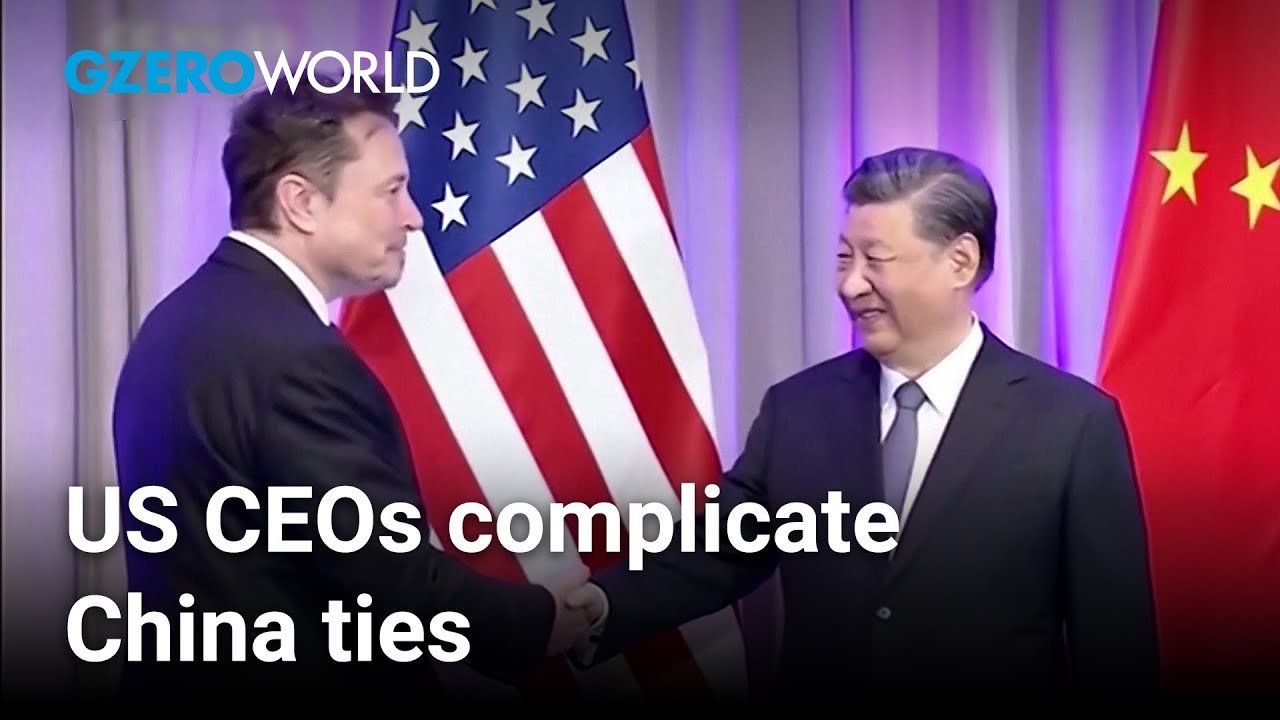
US CEOs are too cozy with Beijing, says US Ambassador to Japan Rahm Emanuel.
At the APEC summit last November in San Francisco, heads of state and diplomats from nations in the Asia-Pacific met to address a wide array of strategic interests and challenges. But no other meeting was as closely watched as that between US President Joe Biden and Chinese President Xi Jinping. As successful as that meeting may have been on a PR level (at least according to the delegations of each leader), one man present took special note of what happened afterward. US Ambassador to Japan, Rahm Emanuel, told Ian Bremmer about that summit during an exclusive interview in the latest episode of GZERO World, filmed at the Ambassador's residence in Tokyo, Japan.
"President Xi goes to have a meeting with American CEOs who give him a standing ovation, though he hasn't yet said anything," recounted Ambassador Emanuel. "The President of the United States goes to an event, and all the heads of state are there. That tells you about alliances, that tells you about the interests of China."
Bremmer then noted that it also tells you something about the interests of American CEOs. to which Emanuel responded: "I think the American CEOs are way too influential in American foreign policy in this region, way too influential."
Catch GZERO World with Ian Bremmer every week at gzeromedia.com/gzeroworld or on US public television. Check local listings.
- The US-China Cold War fallacy? ›
- Will Elon Musk have a China problem with Twitter? ›
- Can Biden-Xi meeting ease tensions? ›
- Can the US stay ahead of China on AI? ›
- Last dance with China? ›
- Enter the chip wars ›
- Are the US and China frenemies now? Perspective from Nicholas Burns, US Ambassador to China - GZERO Media ›